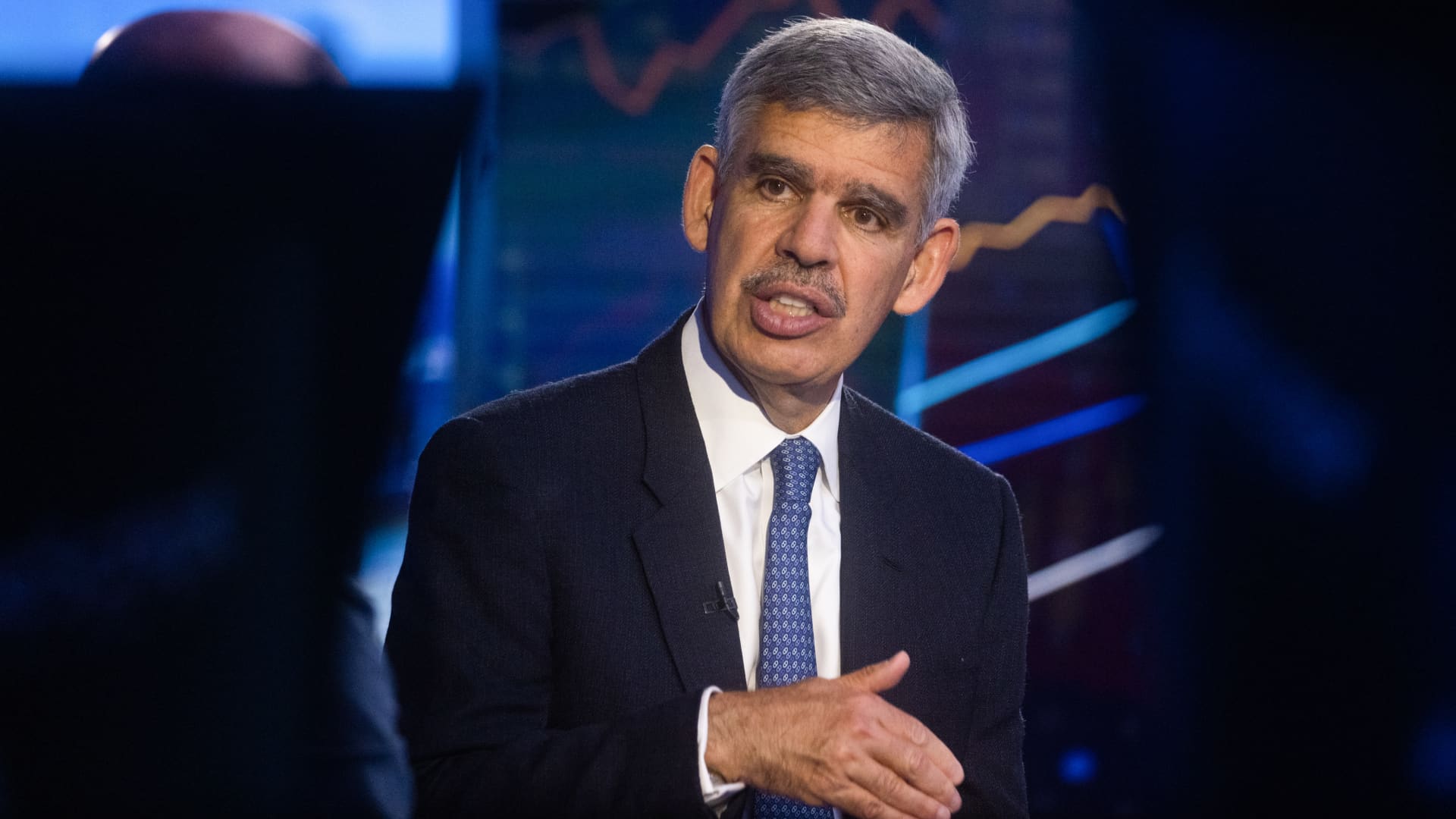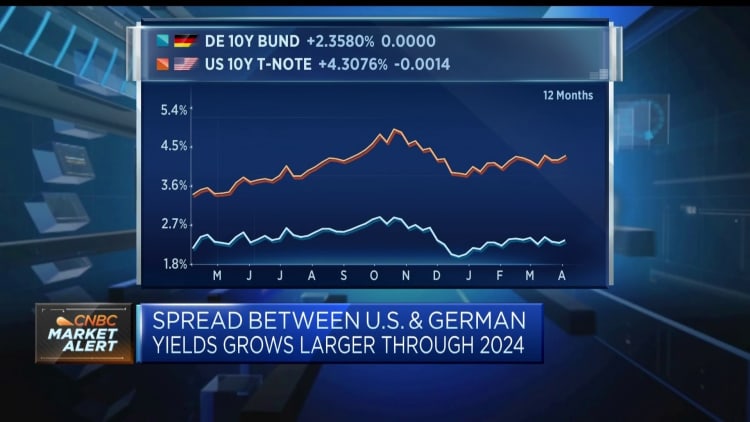Economics
El-Erian says the Fed has turned into a play-by-play commentator
-

 Blog Post1 week ago
Blog Post1 week agoHow to Navigate 65A Compliance for NYC Nonprofits
-

 Finance1 week ago
Finance1 week agoBonds as protection play against stock market volatility
-

 Personal Finance1 week ago
Personal Finance1 week agoAre designer handbags an actual investment? Here’s how returns stack up
-

 Personal Finance6 days ago
Personal Finance6 days agoStudent loans could be managed by the Small Business Administration
-

 Economics6 days ago
Economics6 days agoWhite House denials over the Signal snafu ring hollow
-

 Personal Finance6 days ago
Personal Finance6 days agoMillions of student loan borrowers past-due after bills restarted: Fed
-

 Economics5 days ago
Economics5 days agoYoung Americans are losing confidence in economy, and it shows online
-

 Economics4 days ago
Economics4 days agoConsumer sentiment worsens as inflation fears grow, University of Michigan survey shows




















